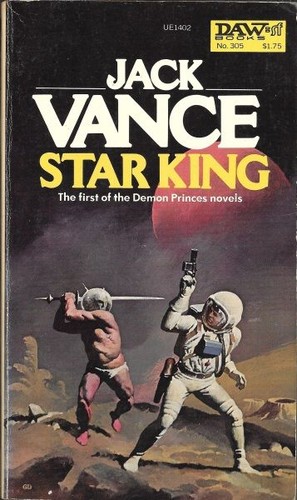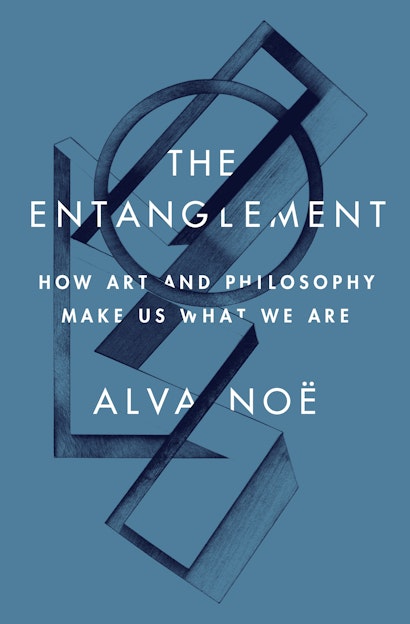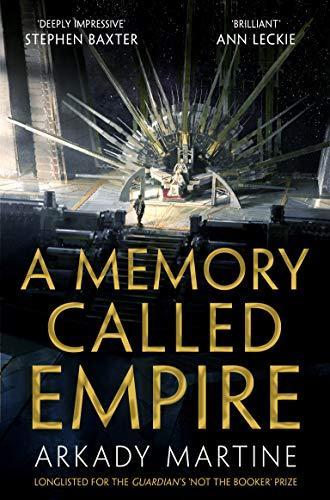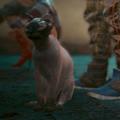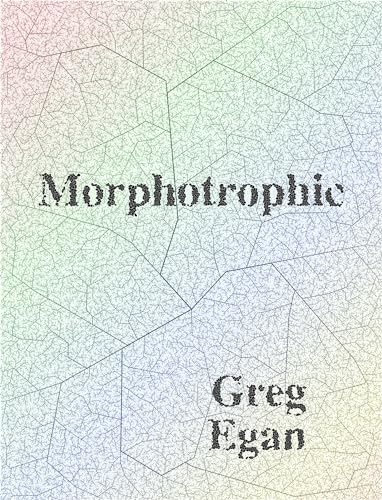Since my teenage years this has been one of my favourite books. I haven't revisited it in a very long time, and since the author seemed to develop less than pleasant views in later years I had been uncertain as to how well it holds up.
Certainly, it could do better on representation of diversity and gender, though it's not entirely wretched on either. I could get caught up in the details of unpacking these issues, but I'll be honest that I think they are not fatal to the book, and that despite its limitations in this regard it remains a classic - a phenomenal read and one of the best examples of space opera, fullstop. To my mind, on a par with Dune, the Culture novels, and the Radch.
Seven pilgrims set out on a voyage to the outback world of Hyperion, with the intention of meeting the mysterious demonic machine that stalks the place, the Shrike. As they travel they each tell their stories, novellas within the novel, their histories and reasons for making the journey.
The pilgrims and the tales are varied, each with a wealth of original ideas and universe-building on a very grand scale, each providing new layers, and complexity to the relationships between all of the peoples and powers vying for influence and dominance over Hyperion and the mysterious "Time Tombs" where the Shrike haunts.
The Shrike is an iconic creation, a cypher of malice, technology, hubris, and retribution which the pilgrims, the people of this universe, and the reader (or this one at least) are somehow ultimately ambivalent about. The weave of politics, personal needs, romance and tragedy is for me both intriguing and satisfying.
Despite sitting high in my pantheon of favourite books, I haven't returned to this too many times. I'm very happy that it still doesn't disappoint.





